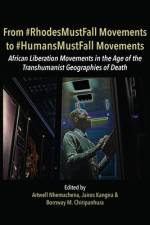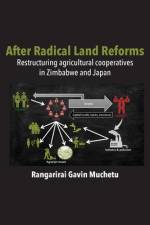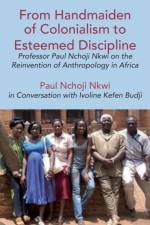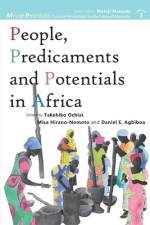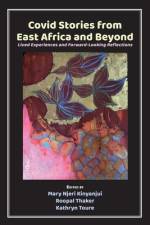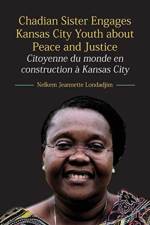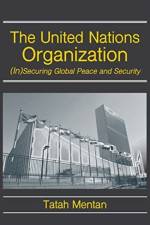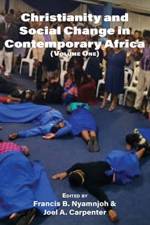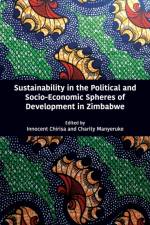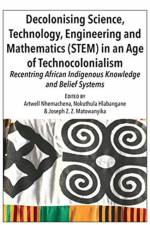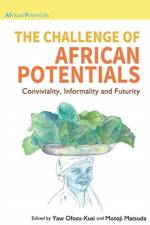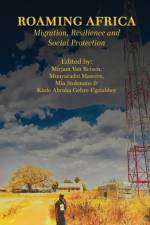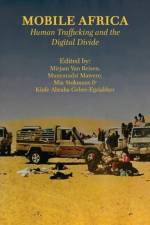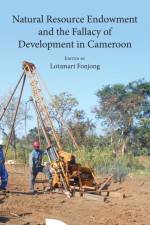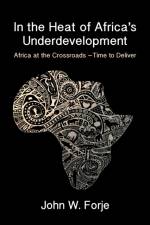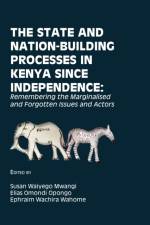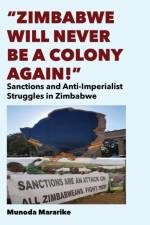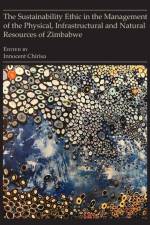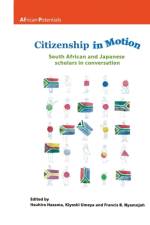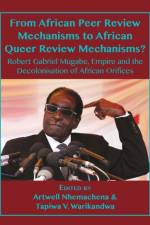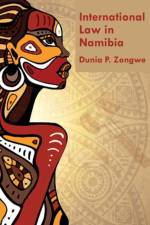- Robert Gabriel Mugabe, Empire and the Decolonisation of African Orifices
von Artwell Nhemachena & Tapiwa Victor Warikandwa
96,00 €
Tracing recent bouts of globalised Mugabephobia to Robert Mugabe's refusal to be neoimperially penetrated, this book juxtaposes economic liberalisation with the mounting liberalisation of African orifices. Reading land repossession and economic structural adjustment programmes together with what they call neoimperial structural adjustment of African orifices, the authors argue that there has been liberalisation of African orifices in a context where Africans are ironically prevented from repossessing their material resources. Juxtaposing recent bouts of Mugabephobia with discourses on homophobia, the book asks why empire prefers liberalising African orifices rather than attending to African demands for restitution, restoration and reparations. Noting that empire opposes African sovereignty, autonomy, and centralisation of power while paradoxically promoting transnational corporations' centralisation of power over African economies, the book challenges contemporary discourses about shared sovereignty, distributed governance, heterarchy, heteronomy and onticology. Arguing that colonialists similarly denied Africans of their human essence, the tome problematises queer sexualities, homosexuality, ecosexuality, cybersexuality and humanoid robotic sexuality all of which complicate supposedly fundamental distinctions between human beings and animals and machines.Provocatively questioning queer sexuality and liberalised orifices that serve to divert African attention from the more serious unfinished business of repossessing material resources, the book insightfully compares Robert Gabriel Mugabe, Thomas Sankara and Julius Kambarage Nyerere who emphasised the imperatives of African autonomy, ownership, control and sovereignty over natural resources. Observing Africans' interest in repossessing ownership and control over their resources, the book wonders why so much, queer, international attention is focused on foisting queer sexuality while downplaying more burning issues of resource repossession, human dignity, equality and equity craved by Africans for whom life is not confined to sexuality. With insights for scholars in sociology, development studies, law, politics, African studies, anthropology, transformation, decolonisation and decoloniality, the book argues that liberal democracy is a façade in a world that is actually ruled through criminocracy.

